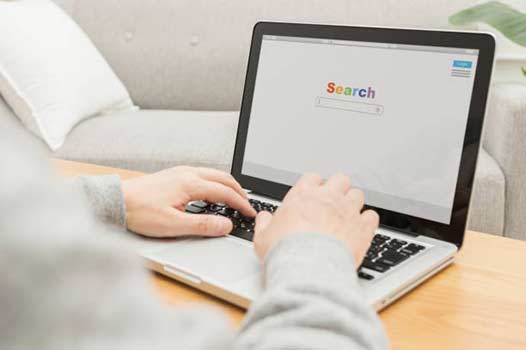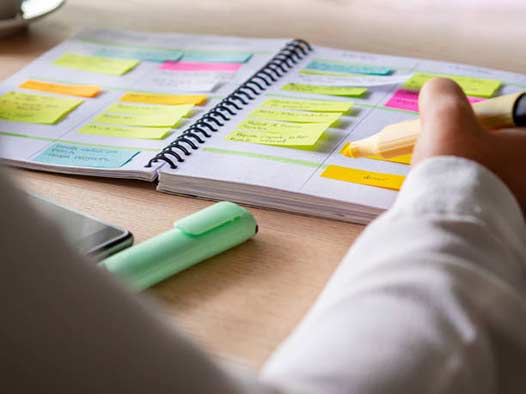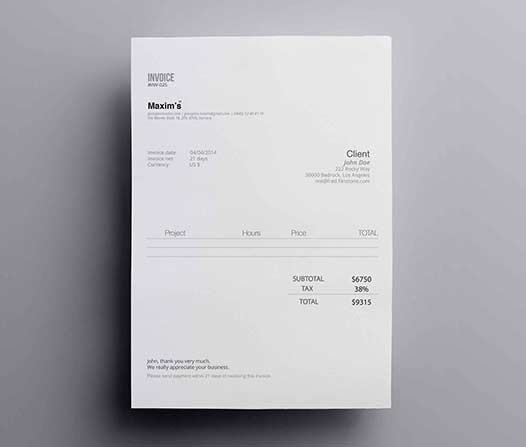
Calling a plumber for the first time can be a daunting task, especially if you have no prior experience in dealing with plumbing issues. However, with a simple and quick guide, you can navigate this process smoothly and efficiently. In this article, we will provide you with step-by-step instructions on how to call a plumber for the first time, ensuring that you not only find a reliable professional but also receive the necessary assistance for your plumbing needs.
Understanding Your Plumbing Issue
Before picking up the phone to call a plumber, it is important to assess and understand your plumbing issue to the best of your ability. Identifying the problem and providing accurate details to the plumber will help them come prepared with the necessary tools and equipment.
Start by examining the affected area and try to pinpoint the specific problem. Is there a leaking faucet, a clogged drain, or a burst pipe? Understanding the issue will enable you to communicate effectively with the plumber and receive prompt assistance.

Researching and Selecting a Reliable Plumber
With a vast array of plumbing services available, it is crucial to choose a reliable and experienced plumber who can provide the necessary expertise and solve your plumbing problem effectively. Here are some steps to consider when researching and selecting a plumber:
- Ask for recommendations: Start by asking family members, friends, or neighbors for recommendations. Inquire about their experiences and if they were satisfied with the plumber’s work.
- Check online reviews: Utilize online platforms such as Yelp, Google, or HomeAdvisor to read reviews and ratings of different plumbing services in your area. Pay attention to both positive and negative feedback to get a holistic view.
- Verify credentials: Ensure that the plumber you choose is licensed, insured, and certified. This will give you confidence in their qualifications and professionalism.
- Obtain multiple quotes: Contact at least three different plumbers and request quotes for your specific plumbing issue. This will help you compare prices and choose the most cost-effective option.
- Check availability: Inquire about the plumber’s availability and emergency services. Plumbing emergencies can occur at any time, so it is essential to choose a professional who can provide immediate assistance when needed.

Making the Call
Once you have selected a reliable plumber, it’s time to make the call. Follow these steps to ensure a smooth conversation and efficient communication:
- Gather necessary information: Before dialing the plumber’s number, gather all the relevant information about your plumbing issue. This includes the location of the problem, a description of the issue, and any relevant history or previous repairs.
- Be clear and concise: When speaking with the plumber, clearly explain the problem and provide all the necessary details. Avoid jargon or technical terms unless you are confident in using them accurately. Being concise will help the plumber understand the issue and provide appropriate solutions.
- Ask about pricing and services: Inquire about the plumber’s pricing structure, including service fees, hourly rates, and any additional charges for parts or materials. It is important to have a clear understanding of the costs involved before proceeding with the service.
- Schedule an appointment: Once you have discussed the details and confirmed the pricing, schedule a convenient appointment time for the plumber to visit your property. Make sure to provide accurate contact information and address to avoid any delays or confusion.

Preparing for the Plumber’s Visit
Prior to the plumber’s arrival, there are a few steps you can take to ensure a smooth and efficient service:
- Clean the area: Clear any obstacles or items that may hinder the plumber’s access to the affected area. This will save time and allow the plumber to focus on the task at hand.
- Turn off water or electricity if necessary: If the plumbing issue involves water supply or electrical components, it is advisable to turn off the water or electricity to eliminate any potential hazards. However, only do this if you are confident in identifying and accessing the corresponding switches or valves.
- Prepare questions: If you have additional questions or concerns regarding your plumbing system, it is helpful to prepare them in advance. This will ensure you address all your queries during the plumber’s visit.

Interacting with the Plumber during the Visit
When the plumber arrives at your property, it is important to establish effective communication to facilitate a successful repair or maintenance service:
- Provide access and information: Lead the plumber to the affected area and provide any additional information or history that could assist them in diagnosing the problem. Cooperate and answer any questions the plumber may have to aid in their assessment.
- Request updates and explanations: If the plumber discovers additional issues or suggests alternative solutions, don’t hesitate to ask for updates and explanations. Understanding the process will help you make informed decisions regarding your plumbing system.
- Seek advice for preventive measures: Take advantage of the plumber’s expertise by requesting advice on preventive measures to avoid similar issues in the future. They may provide tips on maintenance or suggest changes to improve the efficiency of your plumbing system.
- Ask for a detailed invoice: Once the service is complete, ask the plumber for a detailed invoice that includes all the work performed, materials used, and the final cost. This will help you keep track of the services provided and serve as a reference for future plumbing needs.
In Conclusion
Calling a plumber for the first time doesn’t have to be a daunting experience. By following this simple and quick guide, you can navigate the process with confidence, ensuring that you find a reliable professional and receive the necessary assistance for your plumbing needs. Remember to understand your plumbing issue, research and select a reliable plumber, make an efficient call, prepare for the visit, and establish effective communication during the service. With these steps in mind, you will be able to address your plumbing issues promptly and efficiently, leaving you with peace of mind and a well-maintained plumbing system.
